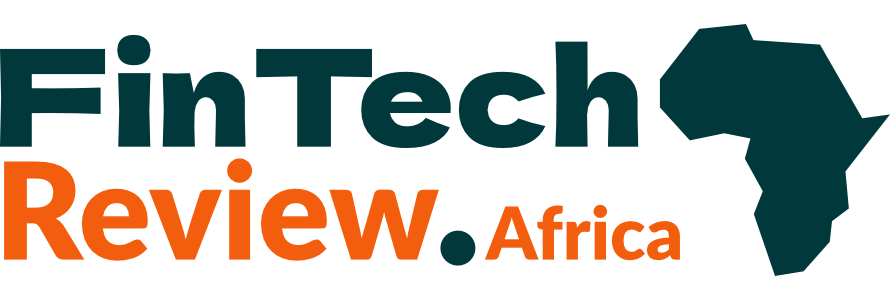Unlocking Africa’s Potential: The Rise of Digital Payments, Remittances, and Smart Logistics

Africa is experiencing a transformative digital revolution, particularly in the domains of smart mobility, logistics, and financial technology (fintech). As mobile penetration surges and digital payment platforms evolve, the continent is witnessing unprecedented growth in remittance flows, financial inclusion, and economic development. This article explores the latest in remittance statistics, key corridors, digital payment platforms, regulatory landscapes, innovative fintech solutions, and success stories across Africa.
Current Remittance Statistics and Major Corridors
Remittances play a vital role in Africa’s economy, providing vital inflows for millions of households and communities. According to the World Bank’s Migration and Development Brief (2023), Africa received approximately $48 billion in remittances in 2022, with projections indicating continued growth. Key corridors include:
Nigeria to the UK and US: A major sender-recipient corridor, bolstered by large Nigerian diaspora communities.
Kenya and Uganda to Middle East: Remittances flowing predominantly from Gulf countries.
South Africa to Southern Africa: Internal remittance flows that also support regional trade.
These corridors are supported by an expanding network of digital channels, reducing transaction costs and increasing accessibility.
Leading Digital Payment Platforms & Mobile Money Services
Africa’s digital payment ecosystem is dominated by innovative platforms tailored to the continent’s unique needs:
M-Pesa (Kenya): The pioneering mobile money service by Safaricom, with over 50 million users across East Africa, facilitating person-to-person transfers, bill payments, and micro-financing.
MTN Mobile Money (West & Central Africa): Operates in multiple countries, enabling seamless remittances and airtime purchases.
Orange Money & Airtel Money: Expanding reach across North and West Africa.
Flutterwave & Paystack: Nigerian fintech startups simplifying digital payments for businesses.
The proliferation of mobile money services has drastically reduced reliance on cash, enabling financial participation for unbanked populations.
Regulatory Landscape & Financial Infrastructure
The regulatory environment varies across African markets, with some countries establishing progressive policies:
Kenya: Leading with a robust regulatory framework that supports mobile money and innovation.
Nigeria: Recently introduced crypto regulations and fintech licensing regimes.
South Africa: Advanced financial infrastructure, aligning with international standards.
While some markets still face challenges with interoperability, KYC (Know Your Customer) compliance, and cross-border regulation, regional initiatives like the East African Community (EAC) cross-border payments platform aim to streamline processes and reduce costs.
Fintech Innovations & Blockchain Solutions
Recent technological advancements foster greater efficiency and transparency:
Blockchain-based Remittances: Companies like BitPesa (now AZA Finance) use blockchain to lower remittance costs and increase transaction speed.
Stablecoins and Digital Currencies: Pilot projects in Nigeria and Ghana explore central bank digital currencies (CBDCs) to facilitate smoother cross-border transactions.
Agent Banking & QR Payments: Widespread adoption of agent networks and QR codes simplifies point-of-sale and peer-to-peer transfers.
These innovations help expand financial access, particularly in rural areas.
Impact on Financial Inclusion & Economic Development
Digital payments have significantly enhanced financial inclusion, providing unbanked populations access to savings, credit, and insurance:
Increased Banking Access: Mobile money accounts surpass traditional bank accounts in several countries.
Job Creation: Fintech startups and agent networks generate employment.
Economic Growth: Digital transactions promote transparency, reduce corruption, and foster entrepreneurial activities.
Studies show that every 10% increase in mobile money usage correlates with a 3-4% boost in GDP growth.
Case Studies & Success Stories
Kenya’s M-Pesa: From a simple mobile money platform to a comprehensive financial ecosystem, it has empowered millions, increased household incomes, and spurred innovation.
Nigeria’s Paystack: Facilitates seamless online payments for over 60,000 businesses, supporting digital entrepreneurship.
Ghana’s Digital Cedi Pilot: An initiative to explore CBDCs and improve cross-border trade logistics.
Conclusion
Africa’s journey towards smart mobility and logistics powered by innovative digital payment systems is fueling sustainable growth and financial inclusion. Continued regulatory reforms, technological innovations, and infrastructural investments will be crucial in unlocking Africa’s full potential in the digital economy.

 Francis
Francis 





